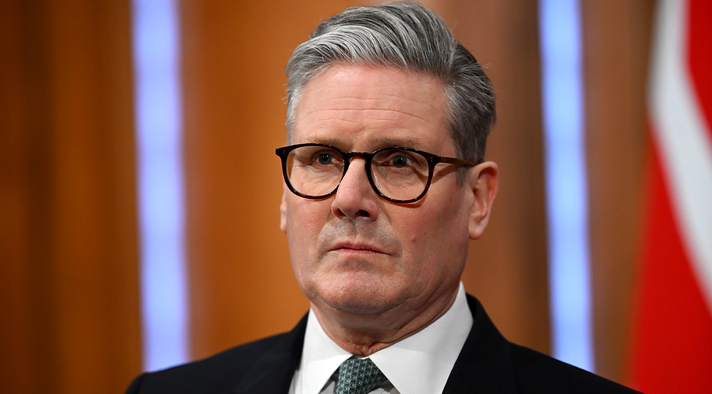The United Kingdom is taking decisive action to reverse what many now view as a disastrous open-borders experiment. Under mounting pressure from voters and rising support for nationalist alternatives, Prime Minister Keir Starmer’s government is rolling out sweeping immigration reforms aimed at reclaiming control of the country’s borders.
After years of record-breaking migration and growing cultural tensions, the public’s frustration has reached a boiling point. Starmer acknowledged that Britain’s previous lax policies were a “failed experiment,” and is now pushing a bold overhaul to rein in mass immigration and restore public confidence.
Among the key changes:
-
Permanent Residency Toughened: Migrants will now need to live in the UK for a full 10 years before applying for permanent residency—up from just five.
-
Visa Eligibility Tightened: Work, student, and family visa programs will face stricter qualifications, especially targeting low-skilled migration.
-
Higher English Standards: Immigrants will be required to meet tougher English-language benchmarks, reinforcing the expectation that newcomers must assimilate.
-
Axing the Care Worker Visa: The social care worker visa route will be eliminated, with the government encouraging investment in the domestic workforce instead of relying on foreign labor.
-
Digital ID Tracking: A new digital identification system will be introduced to monitor visa overstays and enforce compliance.
These sweeping measures come as net migration numbers soared to an all-time high of over 900,000 in 2023. The government now aims to reduce that figure by at least 100,000 annually, targeting a more sustainable net migration rate of around 240,000 by the end of the decade.
The shift is widely seen as a reaction to the rising influence of the Reform UK party, which has capitalized on public outrage over uncontrolled immigration and the erosion of national identity. For years, Labour was seen as soft on immigration. Now, facing the political consequences, the Starmer government is scrambling to reverse course and appease an electorate that feels ignored and overwhelmed.
While left-wing critics warn of labor shortages and diplomatic tensions, many in the UK see these reforms as long overdue. The British public has demanded accountability and action, and this crackdown sends a clear message: the era of unchecked migration is coming to an end.
Whether it’s too little, too late for the Labour government remains to be seen—but one thing is certain: the days of open borders in Britain are over.

